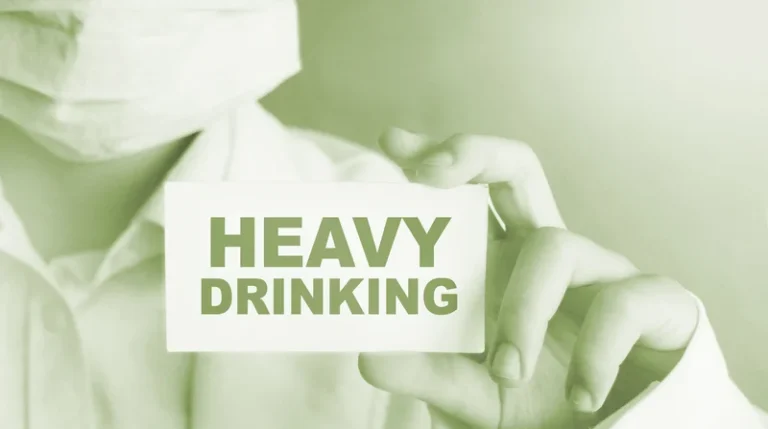
Many alcoholics succeed at work and in school and have great relationships. Nevertheless, high-functioning alcoholics have an addiction disorder which requires treatment. When many of the classic signs of alcohol use disorder aren’t present, a high-functioning alcoholic may not get the help they desperately need. Learning the signs of high-functioning alcoholism can ensure you or your loved one find the professional help you need to get and stay sober.

Functional Tolerance
A doctor can check a person’s drinking levels and recommend further treatment options. The longer you live with AUD, the higher your risk of developing complications that can lead to death. According to 2020 data by the CDC, nearly 30,000 people died that year from alcoholic liver disease (cirrhosis).
- Until you check into rehab, avoid bars, liquor stores, and other places where alcohol and drinking abound.
- Certain traits, such as independence and perfectionism, can add to a person’s hesitancy or reticence to seek help, says Grawert.
- One of the hallmarks of addiction is a person’s fear of not being able to consume whatever their drug of choice is.
- If you think that you or someone you know may be drinking too much, ask your doctor about getting help – whether it’s from a therapist, psychiatrist, or other addiction specialist.
- “For example, you may notice your spouse drinking more beers at dinner, sleeping less and less, and increasingly on edge well before they start missing workdays,” Grawert adds.
Online Therapy
- It may also cause an individual to refuse to travel to areas where alcohol access may be limited.
- The test is free, confidential, and no personal information is needed to receive the result.
- The book Co-Dependent No More by Melody Beattie is a resource for the loved ones of alcoholics that is highly recommended by many therapists.
- It is important to note that these signs may not be obvious to a loved one or friend.
- Get a free initial assessment with a therapist, to help you take the first step towards recovery.
- With the right support and treatment, individuals struggling with high-functioning alcoholism can achieve long-term recovery and lead fulfilling lives.
They know they have a problem at a subconscious level, but they aren’t ready to face it. With high-functioning alcoholics, the fact they don’t see obvious consequences for their actions can help them justify drinking alcohol. For most of us, drinking would cause our lives to implode, leading us to seek help for our actions.

Risks and Impact of Living With Alcohol Use Disorder
- They may battle with depression, anxiety, PTSD or another mental health issue.
- But if you’ve spotted the signs of alcohol addiction in someone in your life, you shouldn’t be convinced by their denials.
- Recovered is not a medical, healthcare or therapeutic services provider and no medical,psychiatric, psychological or physical treatment or advice is being provided by Recovered.
- Call now to connect with a treatment provider and start your recovery journey.
- People who are concerned about their drinking habits, and those who are showing signs of an AUD, may wish to reach out for help and support.
That is why alcohol detox and alcohol withdrawal treatment is administered by medical professionals. More recently, a 2020 study found that people who used alcohol to cope with the COVID-19 pandemic were more likely to drink alone and drink to excessive amounts. Researchers cited further high functioning alcoholic risk factors, such as having a child under 18 and at home, having depression, and having fewer social interactions due to the pandemic. According to the Centers for Disease Control and Prevention (CDC), 95,000 people lose their lives every year due to excessive alcohol use.

They may lie about how many drinks they had and become defensive when you say they have a drinking problem. If you suggest they see a mental health professional or get professional treatment advice, they’ll get angry or avoid the conversation entirely. Unlike other alcoholics, the term commonly used to refer to people with alcoholism, high-functioning alcoholics don’t display obvious side effects of their disease. Most people with alcohol addiction have trouble keeping up with work.
Need Addiction Support?
- This means the negative impact on your life will likely grow, and the condition will not get better on its own without treatment.
- Getting support can ensure you stay healthy and safe while you do your best to encourage your struggling loved one toward recovery.
- HFAs typically do not realize the extent to which their drinking affects others.
- Binge drinking refers to a pattern of alcohol misuse where males consume five or more drinks in about two hours, or females ingest four or more drinks in the same period.
- Some high-functioning alcoholics will even keep their alcoholism a secret or fail to recognize it themselves.







